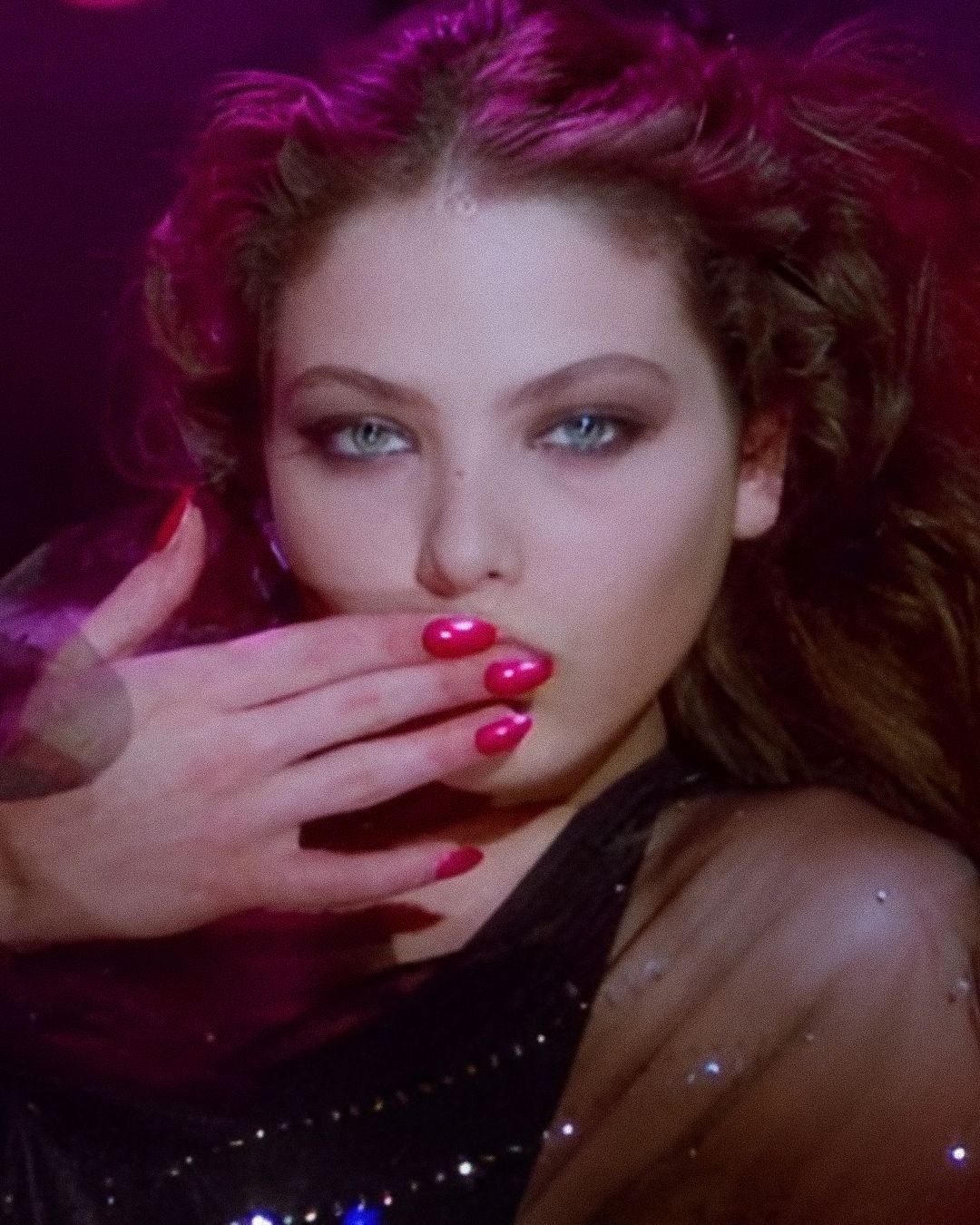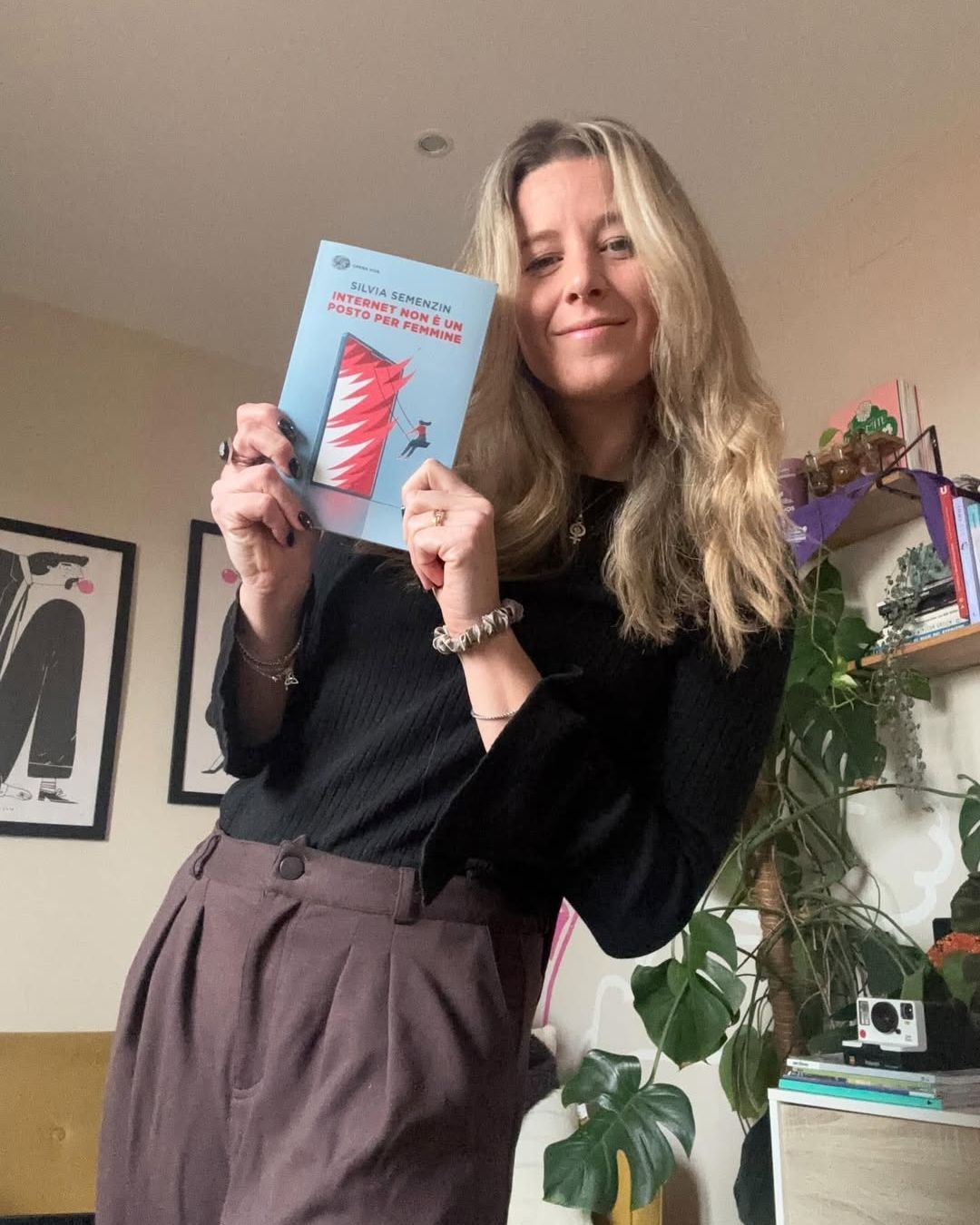
The Fantasanremo has always been cringe It takes away the spontaneity from a beautiful circus
Amadeus' Sanremo has done some good things. The Fantasanremo is not one of them. An unpopular opinion, I know, but I’m here to defend my stance as a passionate fan of the festival. Let’s start with the basics. One day, a group of friends from the Marche region decided to adapt the rules of Fantacalcio to Italy’s most all-encompassing music competition, creating a list of behaviors and words to be used on the Ariston stage, each assigned a score and bonuses. They set up in a bar—later made famous for this—to analyze the show and assign scores, which were published the day after each episode. They named the game’s currency Baudi (a nod to Pippo Baudo, of course), used to buy a team of contestants. And so, Fantasanremo was born, evolving over the years into a true phenomenon, a ritual, an essential tradition. Now, the format has been absorbed by Rai, literally becoming an integral part of the festival experience. Perhaps it would have been better left in the bar.
Was Fantasanremo better when no one knew about it?
Let’s be clear: there’s nothing wrong with playing. But if you ask me, Sanremo is serious business—a significant national-popular tradition, a window into the absurdity of Italian society, with all its contradictions, its two steps forward and one step back. It should be embraced in its entirety, without being picky, diving fully into its bubble, headfirst, with conviction. From niche to mainstream, its rise in popularity—inevitable as it was—has brought in a wave of casual fans. The kind who watch just to keep score and win their office or friend group leagues. The kind who can’t stand (nor respect) the slow moments, the historical contestants, the melodic and slightly sentimental songs, the medleys of legendary guests, the Rai fiction stars who show up every year to promote their latest project, the general awkwardness. These newcomers, who hopped on the festival’s bandwagon once it became cool, reduce all of Sanremo’s essence to a matter of entertainment, mistaking it for X Factor. And Fantasanremo only fuels this confusion, turning a spectacular, week-long event into simplistic gamification.
A forced gimmick that undermines the spontaneity of the show
If you’re still not convinced, here’s another reason why Fantasanremo has lost its charm: the contestants are now fully aware of it. For a few years now, they’ve been reading the list of actions, points, and bonuses in advance, strategizing to win the rankings and help their fans—those who invested their precious Baudi in them—score as many points as possible. But where’s the fun in that? If everyone is playing Fantasanremo deliberately, with full awareness, then it loses its magic—the joy of randomness and spontaneity. So much so that Achille Lauro, just a few days ago, stated: “Whoever picked me as their captain, and there are many of you, absolutely change me,” and some have already claimed he sabotaged it. Would that really be so strange? So outrageous, so unforgivable? In my opinion, not at all.

























































